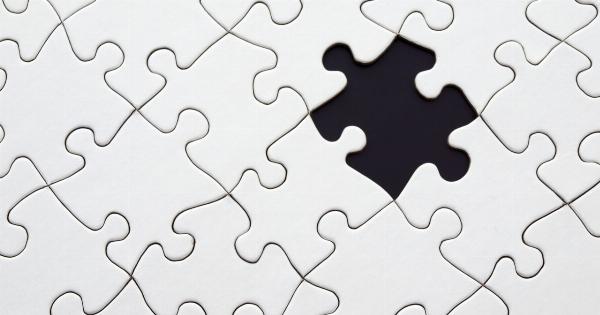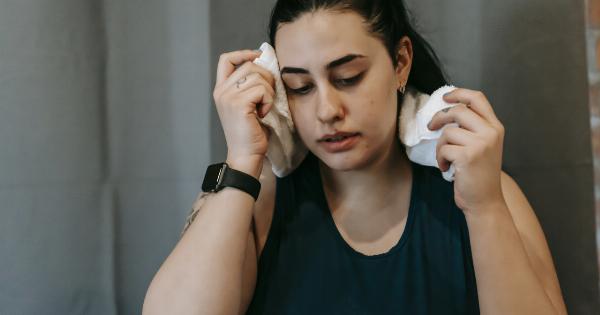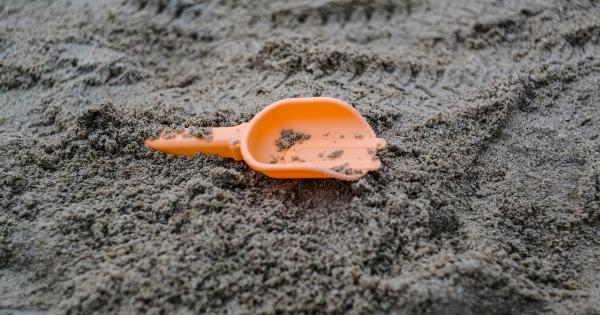Sexual desire can ebb and flow throughout a person’s life. But when the decrease in sexual desire is steady and alarming, it can be a symptom of decreased libido, commonly referred to as the loss of passion.
What is the loss of passion?
The loss of passion, or hypoactive sexual desire disorder (HSDD), is a physical condition where the brain and body don’t connect in the same way they used to when it comes to sex.
People with HSDD don’t feel any (or much) sexual desire, and they often don’t feel much pleasure or pain during sex.
Why does the lack of sexual desire occur?
There are many reasons why a person might lose their sexual desire, including emotional, physical, and biological factors. Stress can also play a huge role in the loss of passion.
When people are stressed, whether from work, family, or other life burdens, they tend to neglect their sex life, leading to a decrease in the level of sexual desire.
What are the symptoms of HSDD?
The most prominent symptom of HSDD is the lack of interest in sexual illusions. However, other symptoms may include:.
- inability to become aroused, even during sexual activity.
- not having the desire to initiate sexual activity.
- seldom participating in sex.
- limited interest in fantasies or sexual desires.
- rejection of sex as pleasurable or positive.
- feeling worried or distressed by lack of sexual desire or arousal.
Exploring causes
HSDD is not entirely understood by medical experts, but it is widely believed that low testosterone levels in males and hormonal imbalances in females account for some of its causes.
Psychological factors such as depression, anxiety, and negative thoughts can also contribute. Lifestyle factors such as lack of physical exercises, poor sleep, obesity and alcohol abuse may also play a part in a person’s lack of sexual desire.
The link between passion and intimacy
Arguably, passion is one of the chief pointers towards being satisfied with one’s relationship. According to research, partners who have strong sexual bonds tend to feel more connected and understand each other more.
The link between passion and intimacy is one that should not be underestimated. When romantic partners are intimate with each other regularly, the relationship is more likely to thrive, creating feelings of love and adoration that are integral to a healthy, long-term relationship.
Treating HSDD
If you’re experiencing a lack of sexual desire, it’s essential to see a doctor who will help in formulating a treatment plan.
Generally, HSDD treatment includes a combination of different approaches, such as hormone therapy, counseling, and lifestyle changes. Hormone therapy, such as hormone replacement therapy (HRT), can help improve hormonal imbalances that may be causing decreased libido.
Another option for women is a medication called flibanserin, which can increase sexual desire by affecting chemicals in the brain that affect sexual function.
Counseling and lifestyle changes
Working with a therapist can also be very beneficial for couples. Counseling can help couples rekindle their emotional connection, developing communication, and addressing factors that might be affecting their sex lives.
Furthermore, simple lifestyle changes such as a change in sleeping patterns, working fewer hours, regular exercise, and a healthier diet can also improve sexual desire and function.
Conclusion
Loss of passion can cause stress and tension in a healthy relationship. While there are many causes of a decrease in sexual desire, there are also solutions. From hormone therapy to counseling, there are a variety of treatments that can help.
For anyone experiencing a lack of sexual desire, talk to a doctor or therapist for more information on regaining passion in the relationship.
























